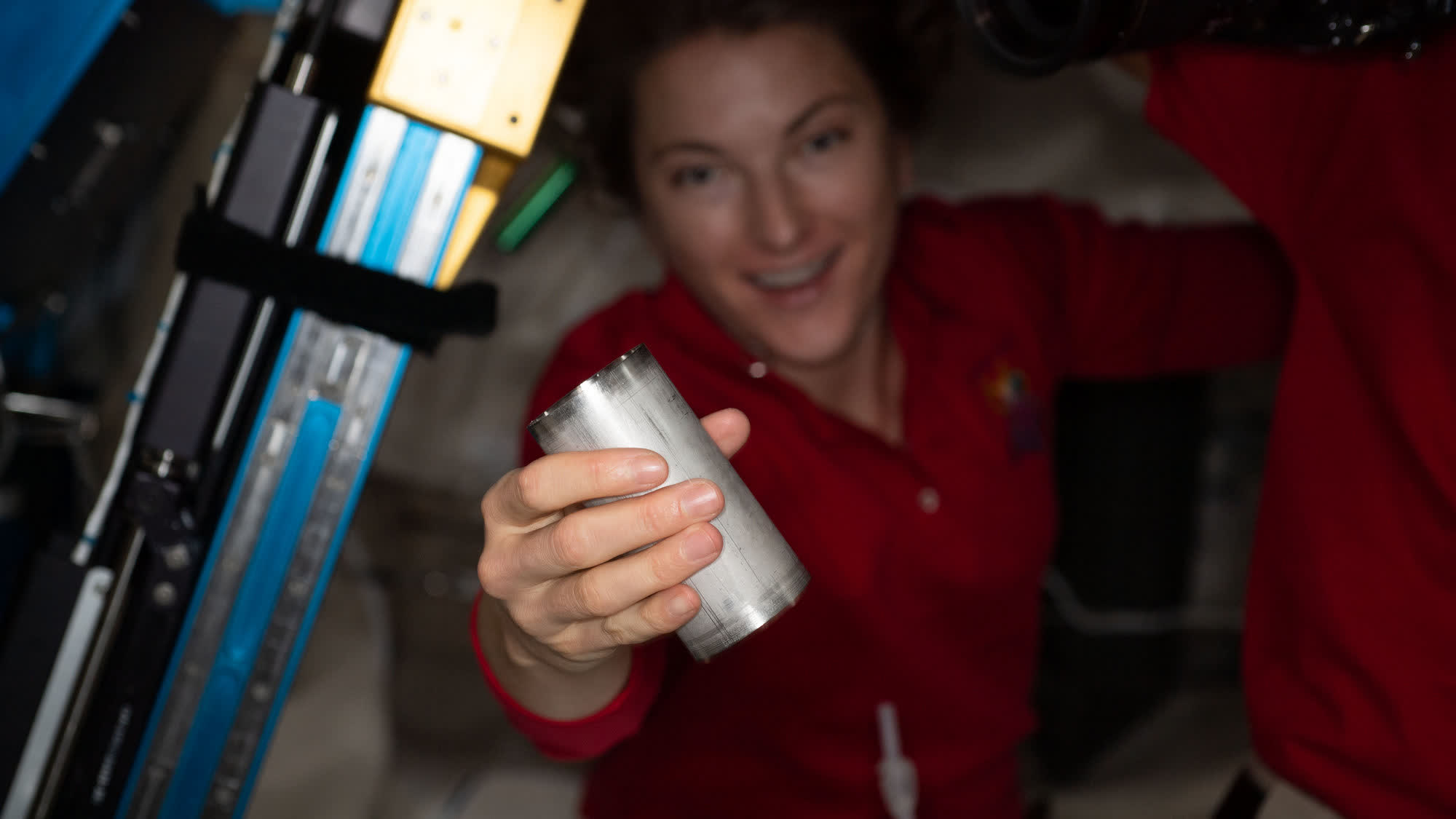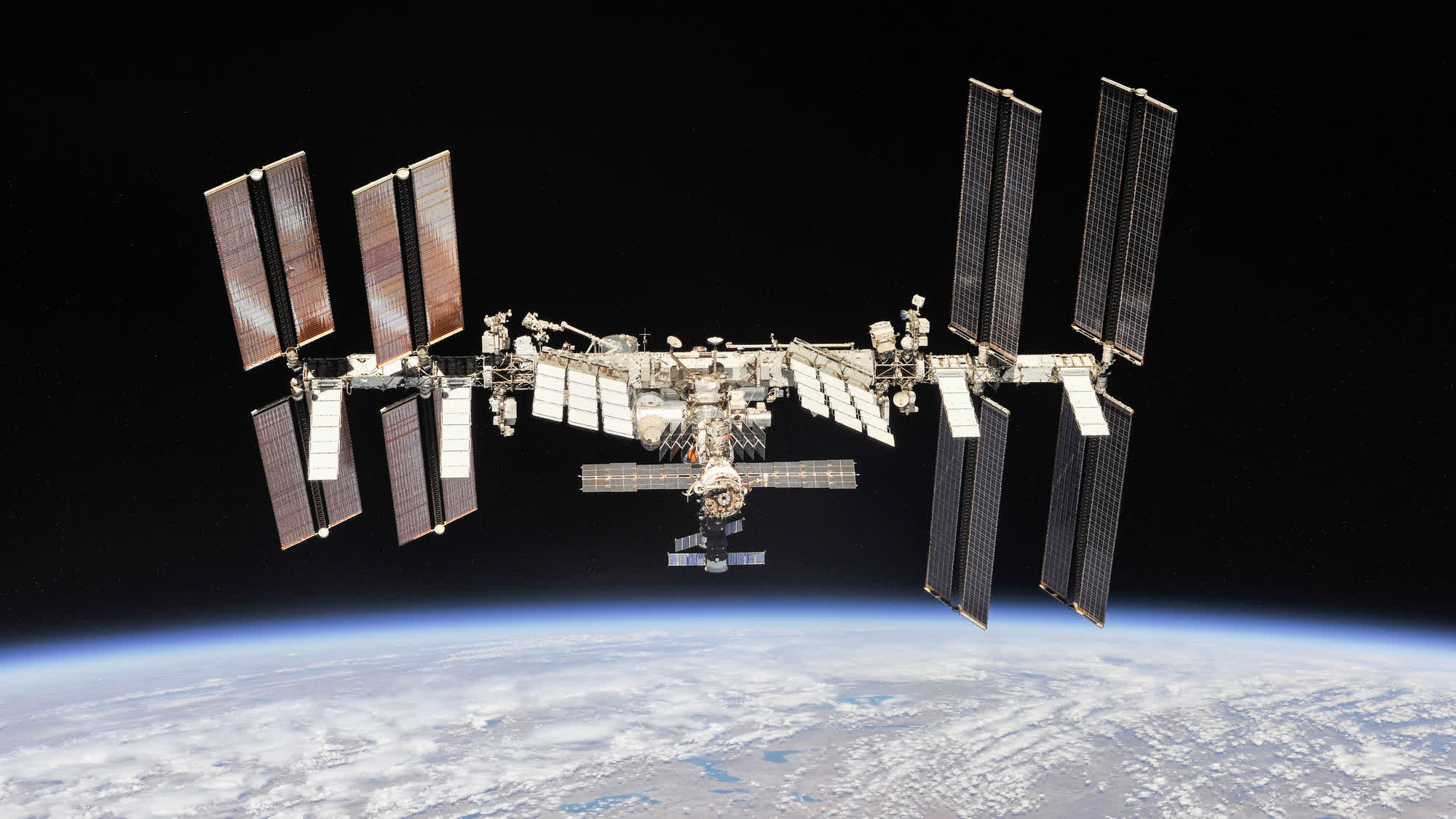What just happened? NASA has announced that its astronauts aboard the International Space Station (ISS) have achieved a breakthrough by recovering up to 98 percent of all water they took to space by recycling their sweat and urine. While recycling water sounds like a good idea, the thought of drinking water recycled from urine may take some getting used to, even for people with the strongest of stomachs.

The ability to recover and recycle almost the entire amount of water taken from Earth is an important milestone for NASA, and one that could solve at least one concern that astronauts have when it comes to taking longer trips to space. The new development means that those on the ISS could provide at least one basic need for themselves without having to depend on costly resupply missions from our planet.
In a statement announcing the breakthrough, NASA said that each crew member needs about a gallon of water per day to drink, prepare food, brush their teeth, use the bathroom, etc. Recovering 98 percent of all water on board the ISS has long been a target for the agency, and one that could potentially pave the way for crews to take longer space trips without worrying about water supply.

Explaining how the water recovery system works, NASA said that it is possible due to the space station's Environmental Control and Life Support System (ECLSS), which includes a Water Recovery System that collects wastewater and sends it to the Water Processor Assembly (WPA) to produce drinkable water. The system also includes another machine that uses "advanced dehumidifiers" to capture moisture released into the cabin by the crew while breathing and sweating.
Meanwhile, urine is turned into drinkable water by the Urine Processor Assembly (UPA) through a process called vacuum distillation. However, the process does not convert all of the urine into drinkable water, and it produces a urine brine that still includes some recoverable water. This is when a Brine Processor Assembly (BPA) was used to extract the additional water to achieve the 98 percent goal. Prior to activating the BPA, NASA was said to be recovering between 93 and 94 percent of the total water on the ISS.
Speaking on the new development, Christopher Brown, a team member at Johnson Space Center, hailed the breakthrough as "a very important step" in the evolution of life support systems in space. According to him, the ability to keep recycling 98 percent of the water over and over again for use by the astronauts "is a pretty awesome achievement." While NASA or its engineers did not say it in as many words, the 'awesome achievement' could very well help crewed missions to Mars in the coming years.
Image: NASA
https://www.techspot.com/news/99230-nasa-astronauts-iss-turning-98-their-sweat-urine.html